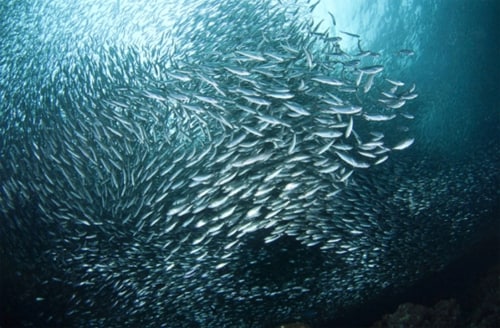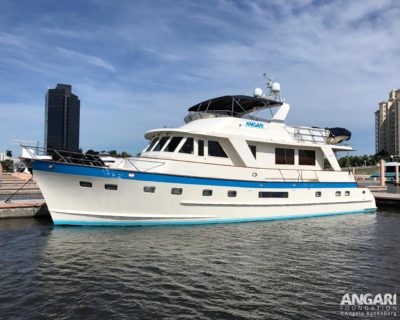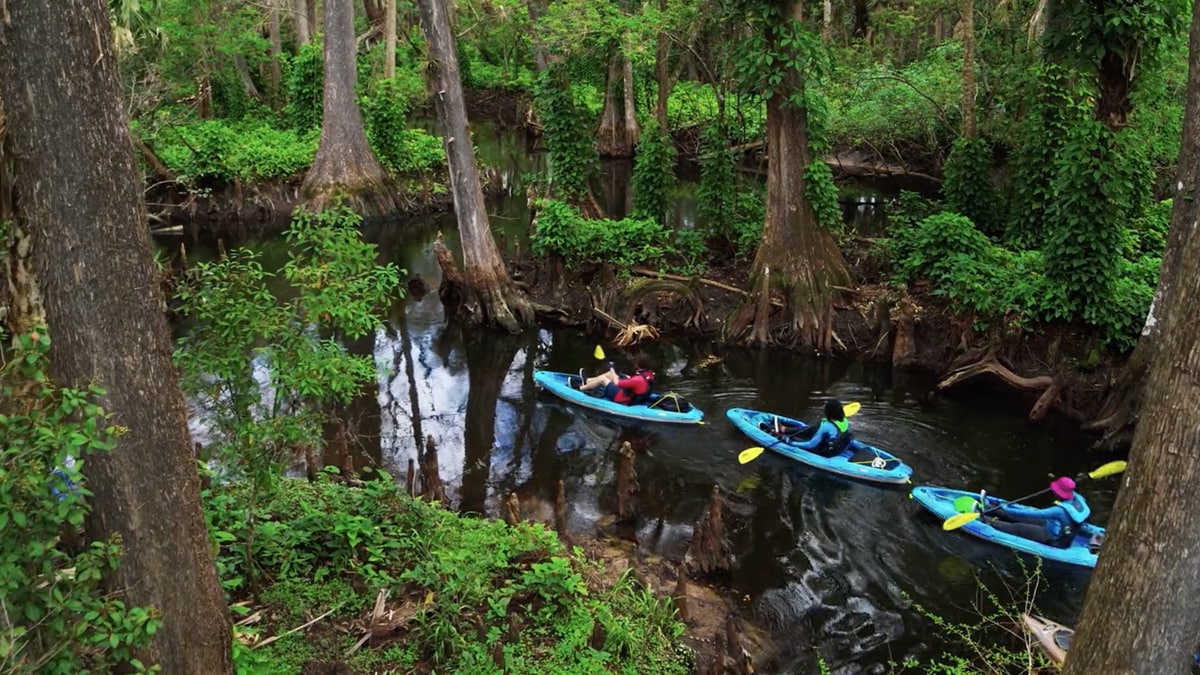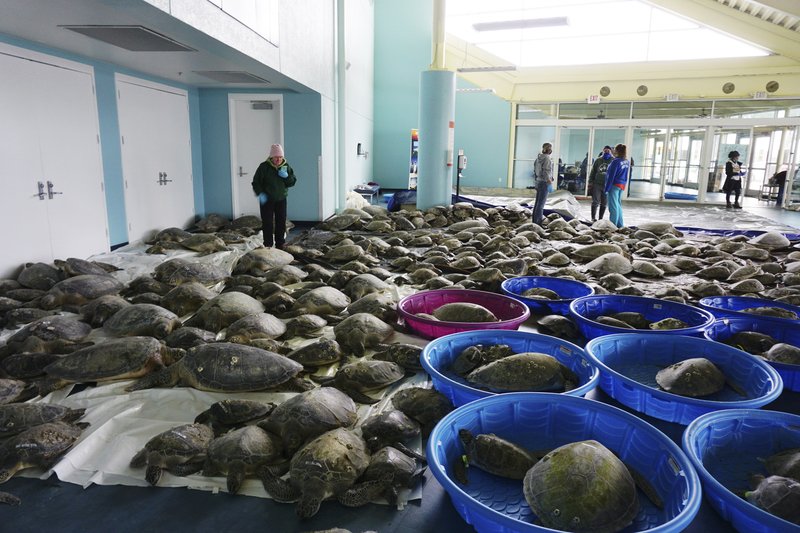Media Alert from Palm Beach County Department of Environmental Resources Management 📸: Day’s Edge Productions…

An unintended consequence of commercial fishing
Are sardines smarter than we think? A new model shows that industrial fishing could promote anti-social fish behavior. Scientists from UC Santa Barbara, the Santa Fe Institute and the University of Washington suggest that modern fishing practices could change the schooling behavior of fish and decrease the tendency for fish to form large groups.
Original article published September 29, 2020 by University of California, Santa Barbara
By Sonia Fernandez
📸: UC Santa Barbara
A new model shows that industrial fishing could promote anti-social fish behavior.
Life on Earth is all about strategies for survival, with every organism developing behaviors and bodies that maximize chances of staying alive and reproducing while minimizing the likelihood of being injured or eaten.
Fish are one such example. For millions of years, many species have evolved a safety-in-numbers strategy that confuses predators and ensures the survival of the maximum number of individuals as they move about in the ocean. According to scientists at UC Santa Barbara, the Santa Fe Institute and the University of Washington, however, thanks to modern industrial fishing practices and technologies, schooling behavior may become less common.
“The findings from our model suggest that industrial fishing can decrease the tendency of fish to form large groups,” said UCSB graduate student researcher Ana Sofia Guerra, lead author of a paper published in the journal Proceedings of the Royal Society B. This change in behavior has implications for both the fish and their predators, including humans.
“People have been studying fisheries science for centuries,” added marine ecologist and paper co-author Douglas McCauley, an associate professor of ecology, evolution and marine biology at UC Santa Barbara. “But we’ve never considered: Could modern fishing technology be killing schooling behavior?”
Peer-Reviewed Publication: Guerra, A. S., Kao, A. B., McCauley, D. J., & Berdahl, A. M. (2020). Fisheries-induced selection against schooling behaviour in marine fishes. Proceedings of the Royal Society B, 287(1935), 20201752. https://doi.org/10.1098/rspb.2020.1752

ANGARI Foundation Deep Dive featured articles share significant scientific research and marine science news of today. The Foundation operates the oceanographic research vessel R/V ANGARI for charter out of its home port in downtown West Palm Beach in Palm Beach County, Florida with the goal of advancing our understanding of the ocean environment and educating our community.



